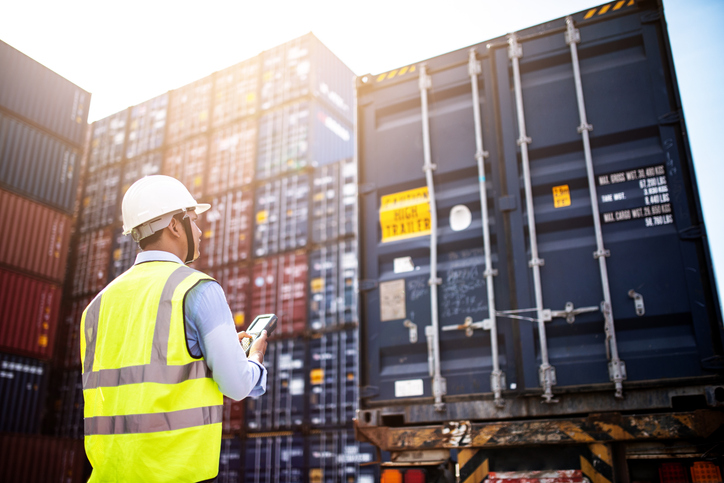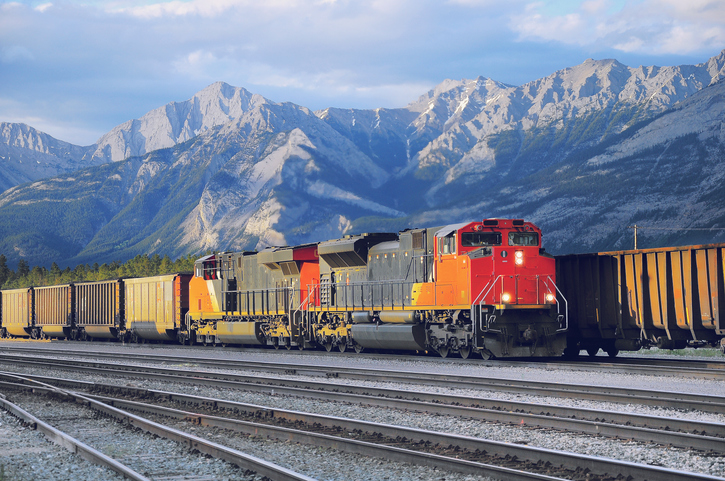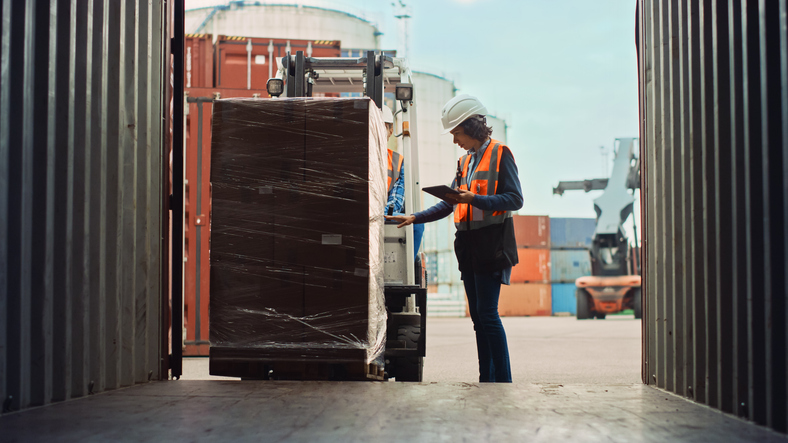
The Weekly Roar
In this week’s Roar: optimism among European supply chain professionals, a neutral transportation capacity index, container ship schedule reliability, strike action in Canada, and environmental regulations getting stricter.
A recent report highlights growing optimism among European supply chain professionals. Some of the key points include a rise in expected global demand, reduced concerns about fuel shortages, and a decline in the fear of a global recession. However, the picture isn’t completely rosy. There are still issues like geopolitical instability, climate change risks, and increased transportation costs. For supply chains to face these ongoing challenges, they’ll need to remain adaptable.
For the first time in over two years, a key U.S. transportation capacity index showed no growth, according to the recent Logistics Managers’ Index (LMI), which reported a neutral reading of 50. However, despite this, transportation pricing rose for the second consecutive month, signaling potential market growth. The LMI report suggests that if this trend continues, it could indicate the beginning of a recovery from the freight recession that began in the spring of 2022. Additionally, upstream firms show higher transportation utilization compared to downstream firms, reflecting varied responses across the supply chain.
 Container ship schedule reliability reached its highest level in 2024, rebounding to nearly 56%. Challenges persist due to disruptions in the Red Sea, with the average wait time at 5.1 days, which is better than January’s high of 6.2 days, but it’s still below pre-pandemic levels of 4.4 days. Major carriers like Maersk and CMA CGM showed improvement, while some Asian carriers saw declines. And ports like Singapore, Baltimore, and Charleston are adjusting operations to handle the ongoing delays.
Container ship schedule reliability reached its highest level in 2024, rebounding to nearly 56%. Challenges persist due to disruptions in the Red Sea, with the average wait time at 5.1 days, which is better than January’s high of 6.2 days, but it’s still below pre-pandemic levels of 4.4 days. Major carriers like Maersk and CMA CGM showed improvement, while some Asian carriers saw declines. And ports like Singapore, Baltimore, and Charleston are adjusting operations to handle the ongoing delays.
There are renewed fears among shippers as Canadian rail workers have voted overwhelmingly to re-authorize strike action—the previous strike was paused by the Canada Industrial Relations Board (CIRB) to assess if rail services are essential. With ongoing unresolved negotiations and potential supply chain disruptions looming, shippers are preparing for mid-July impacts. If a strike does take place, it could exacerbate port congestion and disrupt rail and ocean shipping across Canada, affecting major ports like Vancouver and Montreal.
New regulations are in place—such as the EU’s Corporate Sustainability Due Diligence Directive and various regulations in North America—to track environmental and social impacts throughout supply chains. And the regulations are becoming stricter and more widespread. Companies need tools such as real-time visibility, monitoring, and collaboration across the supply chain to ensure compliance with environmental and social standards. Having a multi-enterprise platform in place is essential for sustainable decision-making, transparency, and effective management of Scope 3 carbon emissions.
For the rest of the week’s top shipping news, check out the article highlights below.









